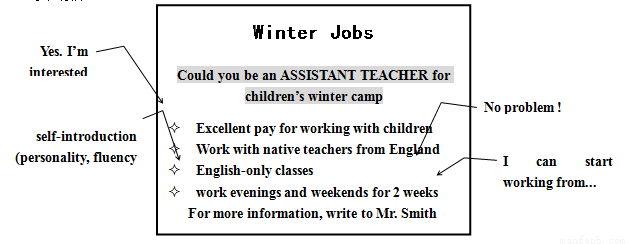题目内容
完形填空,阅读下面短文,从短文后各题所给的四个选项(A、B, C和D)中,选出可以填入空白处的最佳选项,并在答题卡上将该项涂黑。
It was Mother’s Day and I was shopping at the local supermarket with my five-year-old son,Tenyson.As we were ________,we realized that only minutes earlier an ________woman had fallen over at the entrance and hit her head on the ground. ________was with her, but there was blood everywhere and the woman was embarrassed and clearly in shock. ________,a lot of people stopped to help out.
________ we were walking towards the scene, Tenyson became very ________ about what had happened to the elderly couple. He________ to me,“Mom, it’s not much fun falling over in front of ________.”Seeing that there was a flower stall(摊位)at the front of the supermarket, he added, “Why shouldn’t we ________ the lady a flower? It will make her feel better.”I was ________ that he’d come up with this________ idea. So we went over and told the flower seller________ we wanted.“Just take it,”she replied.“I ________ take your money for such a wonderful ________ .”
By now medical staff had arrived, and were ________ the injured woman. We gave the flower to the woman’s husband and I told him it was________ my son. At that, the old man started crying and said,“Thank you very much.”He then turned to me,“You have a ________ son. Happy Mother’s Day to you.”
The man bent down and gave his wife the flower, telling her who it was from. ________being badly hurt,the old lady looked up at Tenyson with ________ in her eyes and gave him a little ________ .
1.A.leaving B.driving C.moving D.stopping
2.A.injured B.awkward C.honest D.elderly
3.A.Her husband B.My son C.The crowd D.The seller
4.A.Specifically B.Particularly C.Interestingly D.Fortunately
5.A.If B.Since C.While D.Unless
6.A.guilty B.curious C.angry D.worried
7.A.complained B.said C.lied D.responded
8.A.no one B.someone C.everyone D.anyone
9.A.lend B.bring C.leave D.buy
10.A.amazed B.shocked C.puzzled D.concerned
11.A.wise B.sweet C.innocent D.crazy
12.A.which B.when C.what D.whether
13.A.must not B.can’t C.may not D.needn’t
14.A.scene B.habit C.flower D.deed
15.A.checking with B.looking after C.operating on D.praying for
16.A.from B.to C.with D.about
17.A.respectful B.cheerful C.successful D.wonderful
18.A.Out of B.Regardless of C.Thanks to D.As to
19.A.love B.hope C.pity D.pain
20.A.idea B.money C.smile D.comfort


 t?
t?